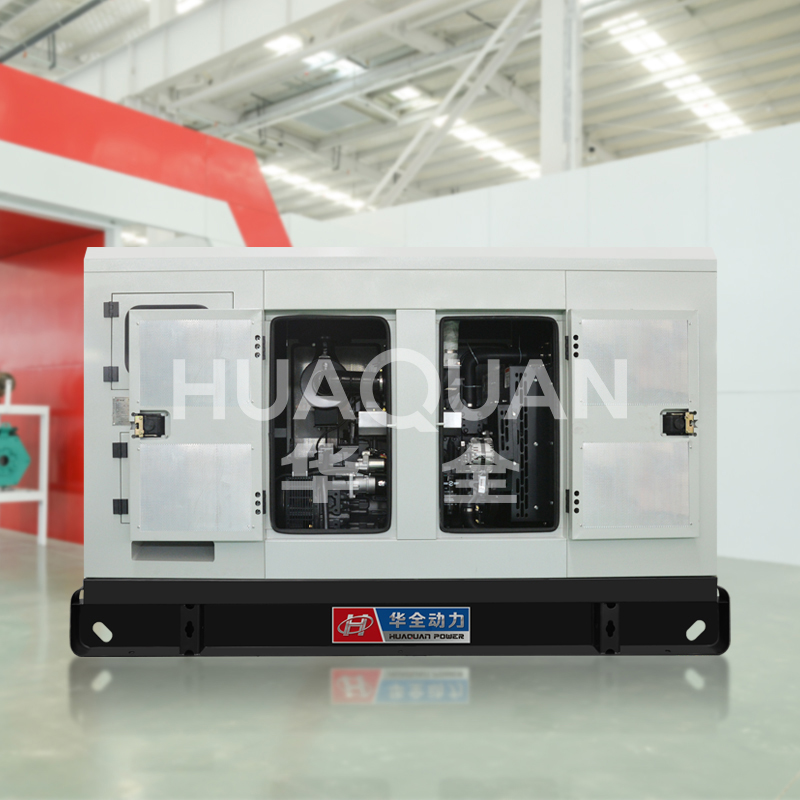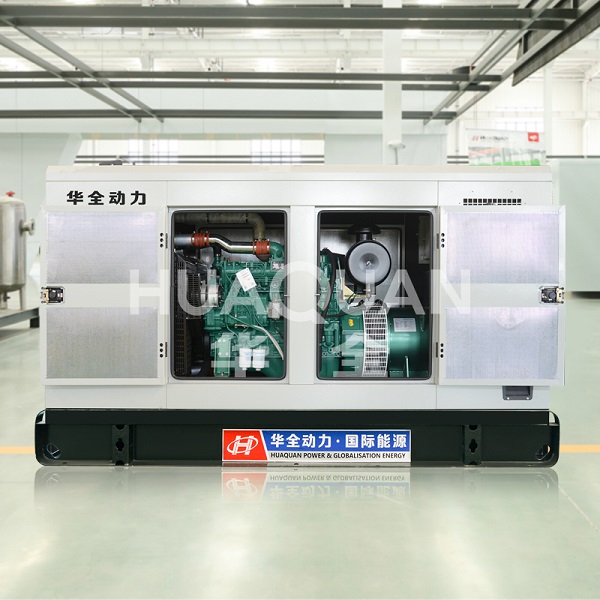The rv generator is very important for powering appliances and systems during travel, but its safe operation requires adherence to specific protocols. Below is a comprehensive guide to ensuring efficiency and reducing risks.
1. Proper Ventilation
Never operate an rv generator in enclosed spaces (e.g., garages or under awnings) due to carbon monoxide risks. Ensure exhaust vents are unobstructed, and use CO detectors inside the RV.
2. Fuel Precautions
Use only the manufacturer-recommended fuel type. Refuel the rv generator only when it’s cool and turned off to prevent fires. Store fuel in approved containers away from heat sources.
3. Load Management
Avoid overloading the rv generator by calculating the total wattage of connected devices. Prioritize essential appliances to stay within capacity limits.
4. Regular Maintenance
Follow scheduled maintenance for oil changes, air filter cleaning, and spark plug inspections. A well-maintained rv generator ensures longevity and reduces breakdowns.
5. Electrical Safety
Inspect power cords for damage before use. Ground the rv generator properly and avoid operating it in wet conditions to prevent electrocution.
6. Noise and Placement
Position the rv generator away from campsite boundaries to minimize noise disturbances. Use anti-vibration pads to reduce wear.
7. Emergency Protocols
Keep a fire extinguisher nearby and train all users on emergency shutdown procedures. Familiarize yourself with the rv generator’s manual for troubleshooting.
8. Weather Considerations
Protect the rv generator from rain or snow using covers designed for outdoor use. Moisture can damage electrical components.
By adhering to these guidelines, your rv generator will deliver reliable power while safeguarding passengers and equipment.
More information about rv generator:https://sinogens.com/








